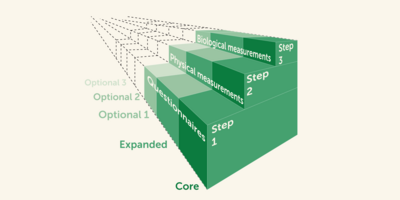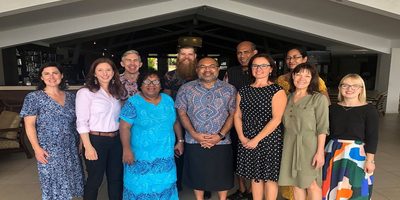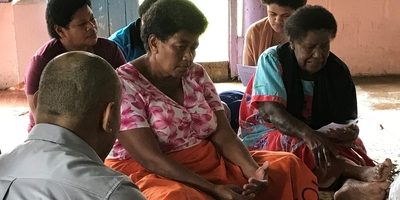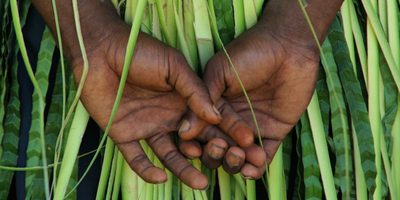
Addressing heart disease and diabetes through use of the WHO PEN interventions in Fiji
Background
- Fijians experience alarming trend in deaths from heart disease before the age of 70. According to the World Health Organization data from 2017, Fiji ranked 39 out of 183 countries in the world in fatalities from heart disease.
- Fiji conducted the WHO STEPS survey for surveillance of major NCD risk factors in 2002 and 2011 and found significant increases in risk factors contributing to CVD: high blood pressure, high fasting blood glucose and obesity.
- Pacific Forum Leaders declaring the situation a “human, social and economic crisis”.
- The WHO PEN program is a set of low-cost tools to prevent the risk of chronic disease (e.g. lifestyle counselling, monitoring and control of blood pressure and blood glucose, and treatment).
Aims
- In 2012, the Western Pacific WHO commenced implementation of PEN protocols 1 and 2 for prevention of CVD and diabetes.
- The overall aim is to provide evidence on 1) implementation fidelity, (2) processes of adoption of the PEN program by healthcare providers, and (3) patient acceptability and satisfaction.
Method
- The research will focus on collection of data on implementation, clinical processes and outcomes, as well as interview data.
- Mixed methods (document analysis, clinical audit and interviews) approach to answer our research objectives will be employed. The ‘mixing’ of data from the individual objectives will be integrated during the analysis and results stage referred to as concurrent triangulation.
Potential Impact
- The project will provide vital evidence for Fiji Ministry of Health and Medical Services to strengthen their health system and adapt implementation processes of the WHO PEN program.
- Achieving widescale adoption of this comprehensive low-cost primary healthcare strategy for NCD will enable Fiji to tackle the burden of NCDs and achieve Sustainable Development Goals.
This project is in partnership with Fiji Ministry of Health and Medical Services and Fiji National University.







